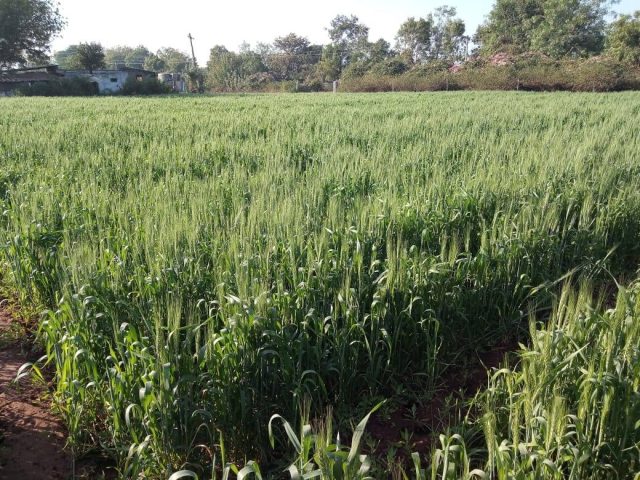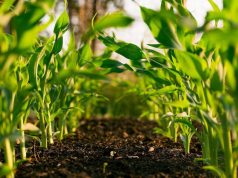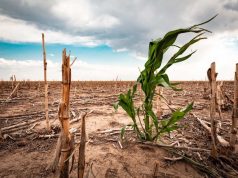CSR: The Nature’s Ecosystem in Agriculture
Agriculture was the highest contributor to India’s GDP for the longest time. In India, agriculture was viewed as the most prestigious profession followed by trading/business and service, before the British Raj according to the historical texts. With the majority of people practising agriculture, there was no need of importing food products in the country.
British rule brought in a plethora of changes. The countrymen were educated and trained to serve the company. They were given an office and a change of attire to encourage them to give up farming to do desk jobs. This, in turn, generated a need for importing food products and allowed them to do business with India. However, their entry changed the dynamics of agriculture in the country.
India was exposed to Chemical farming around 1964. Increased cultivation and lesser requirement of vigilance attracted the farmers of India to adopt chemical farming, which in long run caused them more harm than good.
“Every organism has a purpose to fulfil in an agriculture ecosystem. Only about 10% of living beings are vegetarian in the whole world. The other 90% are non-vegetarian organisms whose food is these vegetarian organisms. Apart from this, there are 40 varieties of birds that also eat these organisms. They can take care of these vegetarian organisms. There is no need to spray any pesticides if we allow the nature to maintain its ecosystem,” said Dr Dinesh Patel, a cardiologist and a farmer at Sardar Patel Farm, in Gujarat.
Sardar Patel Farm is home to about 600 peacocks and many other birds and animals. It is managed by 20 families who live on the farm, supervised by the Doctor and his family. The farm is spread in about 125 acres, where everything including fruits, vegetables, grains and pulses are cultivated organically.
“We have never used any chemical fertilisers or pesticides on our soil. There are pest attacks, sure. But plants have an extremely strong immune system. It can take care of itself if we ensure we are providing a healthy diet to them. The microbes, termites and earthworms convert the biomass in the soil into a lovely compost in the soil, increasing humus in the soil. This makes the soil healthy and nutritious for plants to grow in good health. After all, healthy plants would mean healthy food and healthy food would mean healthy you.” concluded Dr Patel.
This article is part of a series on Organic and Inclusive Agriculture practices.
Thank you for reading the story until the very end. We appreciate the time you have given us. In addition, your thoughts and inputs will genuinely make a difference to us. Please do drop in a line and help us do better.
Regards,
The CSR Journal Team













